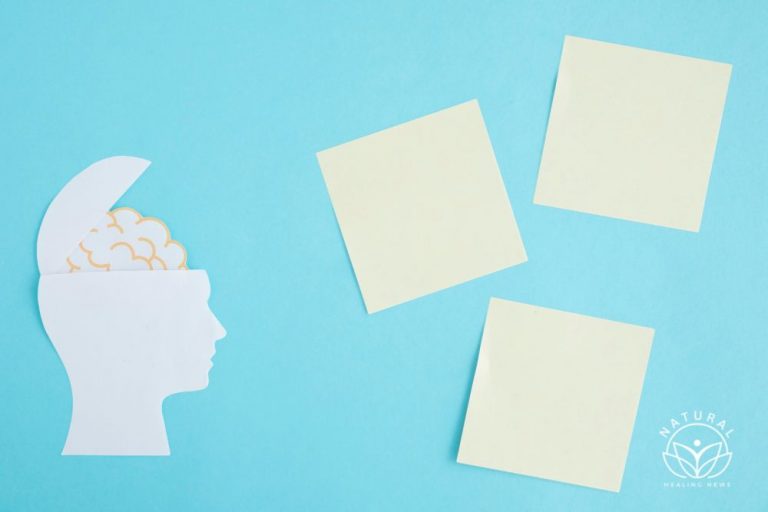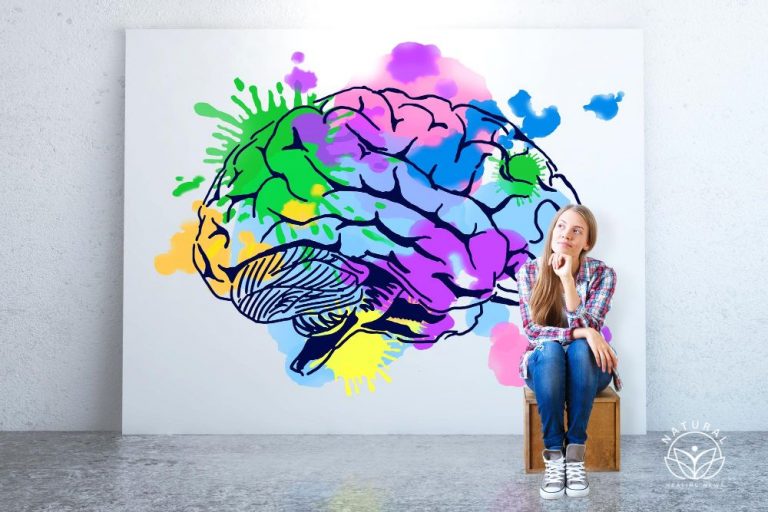5 Quick & Simple Mental Exercises To Try During Stressful Times

When life gets hectic and stressful, it’s important to take a step back and give yourself a break. One way to do this is by doing some mental exercises to help clear your head and refocus your thoughts.
It’s common to feel overwhelmed or stressed from time to time. You may feel this way before an important meeting or presentation, during a big life transition, or when you’re juggling multiple deadlines.
It’s important to remember that stress is a normal psychological and physical response. When we feel threatened, our bodies release stress hormones like adrenaline and cortisol.
These hormones increase our heart rate and blood pressure, and provide us with a burst of energy. This is known as the “fight-or-flight” response, and it’s designed to help us deal with perceived threats.
If you’re dealing with chronic stress, it can be helpful to talk to a therapist or counselor. They can help you identify and manage the sources of your stress.
Once you have a better handle on your stressors, you can start to develop healthy coping mechanisms. There are also some simple mental exercises you can try to help you cope with stress in the moment.
Simple Mental Exercises
Gratitude
In these trying times, it’s more important than ever to find ways to focus on the positive and appreciate the good in our lives. One simple way to do this is to incorporate gratitude into our daily lives.
Gratitude can be practiced in many ways, but one of the simplest is to keep a daily gratitude journal. Every day, take a few moments to write down three things you’re grateful for. They can be big or small, but the act of taking time to reflect on the good in your life can help shift your focus and ease stress and anxiety.
You can also use gratitude to help boost your mood and reframe your perspective on challenging situations. When you’re feeling down, take a moment to reflect on all the things in your life that are going well. This may not change your circumstances, but it can help you feel more positive and hopeful.
Finally, remember that gratitude is a practice, and like any practice, it takes time and effort to master. Don’t be discouraged if you have trouble at first, just keep at it and be patient. With a little effort, you can start to see the impact that gratitude can have on your life.
Breathing exercises
Breathing exercises are a great way to reduce stress. They help you to focus on your breath and to take slow, deep breaths. This can help to calm your mind and to ease tension in your body.
There are many different breathing exercises that you can try. One simple exercise is to sit in a comfortable position and to focus on your breath.
Breathe in slowly and deeply through your nose, and then exhale slowly through your mouth. Repeat this for a few minutes.
Another breathing exercise is to try counting your breaths. Inhale for a count of four, hold your breath for a count of seven, and then exhale for a count of eight. Repeat this for a few minutes.
There are many other breathing exercises that you can try. Find one that works for you and that you can do on a daily basis to help reduce your stress levels.
Visualization exercises
When you’re feeling stressed, it can be helpful to do some mental exercises to help you relax. One technique that can be particularly effective is visualization.
Visualization is a technique where you focus your attention on a positive image or scenario and try to hold it in your mind for a few minutes. Doing this can help to calm and focus your mind, and can also be a powerful tool for helping to achieve your goals.
There are a number of different visualization exercises you can try, depending on what you’re hoping to achieve.
For example, you might imagine yourself in a peaceful scene, such as a beach or a meadow. Or, you might picture yourself achieving a specific goal, such as landing your dream job or becoming debt-free.
Whichever exercise you choose, the key is to focus your attention on the positive image and really try to hold it in your mind. If your thoughts wander, simply bring them back to the image or scenario.
With practice, you’ll be able to do this for longer and longer periods of time, and you may find it to be a very helpful way to reduce stress in your life.
Progressive muscle relaxation
Progressive muscle relaxation (PMR) is a technique that is used to relieve stress and tension. It involves slowly tensing and relaxing different muscle groups in the body.
PMR is a simple and effective way to help you relax and reduce stress. It can be done anywhere, and only takes a few minutes to do.
Here’s how to do PMR:
- Sit or lie down in a comfortable position.
- Close your eyes and take a few deep breaths.
- Slowly tense and then relax each muscle group in your body. Start with your toes and work your way up to your head.
- Hold the tension for 10-15 seconds before relaxing.
- Focus on the differences between the tension and relaxation in each muscle group.
- Repeat the process for all muscle groups.
PMR can help to reduce stress, anxiety, and tension headaches. It can also improve sleep quality and promote general relaxation.
Mindfulness
Mindfulness is the practice of paying attention to the present moment and being aware of your thoughts, feelings, and surroundings. It can help you to find a sense of calm during stressful times.
There are many ways to be mindful, and it is important to find a practice that works for you. Some simple mindfulness exercises that you can try are:
- Pay attention to your breath: Focus on taking slow, deep breaths and notice how your body feels as you breathe.
- Focus on your senses: Notice what you can see, hear, smell, taste, and feel in your surroundings.
- Body scan: Slowly scan your body from head to toe, noticing any tension or discomfort you may feel.
- Acknowledge your thoughts and emotions: Notice what you are thinking and feeling, without judging or trying to change it.
Mindfulness takes practice, but it is a valuable tool that can help you to cope with stress. If you find yourself struggling, consider reaching out to a therapist or counselor who can help you to learn more about mindfulness and other stress-management techniques.
Stressful times happen to everyone, but there are some simple mental exercises that can help.
There are many simple mental exercises that can help to reduce stress and promote relaxation. While some exercises may be more effective than others, it is important to find one that works for you and stick with it.
By regularly practicing stress-reducing exercises, you can lower your overall stress level, improve your mood, and increase your overall sense of well-being.






